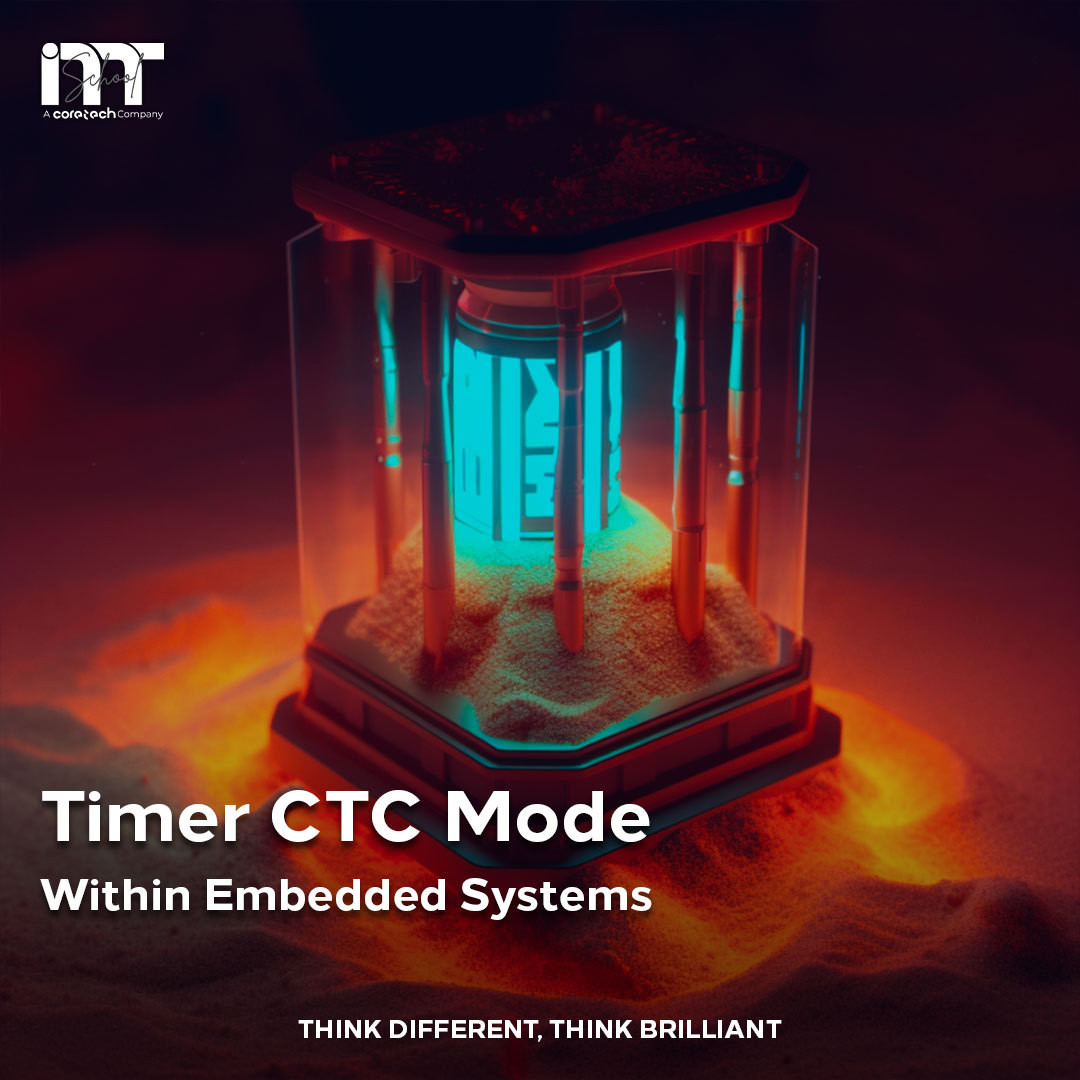
Timer CTC Mode
🎛️🔧 Mastering CTC Mode in Timers within Embedded Systems! ⏲️🤖
Embedded systems rely heavily on timers for managing time-critical tasks and accurate scheduling. Among the different timer configurations, the Clear Timer on Compare (CTC) Mode offers a more controlled approach to counting and triggering events. In CTC Mode, the timer counts up to a predefined value stored in a compare register and then resets to zero, allowing for more precise control over the timer's operation. 🔁🌐
CTC Mode enables embedded systems to efficiently manage time-sensitive tasks while offering greater flexibility and precision than the basic Normal Mode. 🎯⌛
A closer examination of CTC Mode reveals these key features:
1️⃣ Compare Register: In CTC Mode, the timer's counting sequence is determined by a predefined value stored in a compare register (e.g., OCR1A for Timer1). When the timer count matches the compare register value, it resets to zero and starts counting again.
2️⃣ Compare Interrupts: When the timer count matches the compare register value, it can generate a compare interrupt, allowing the system to execute specific tasks at precise time intervals.
3️⃣ Frequency Generation: CTC Mode can be used to generate a specific output frequency by toggling an output pin each time the compare match event occurs.
4️⃣ Prescalers: Like in Normal Mode, prescalers are used in CTC Mode to adjust the timer's counting rate. A prescaler is a simple clock divider that divides the input clock frequency before it reaches the timer, allowing for a wider range of time intervals.





